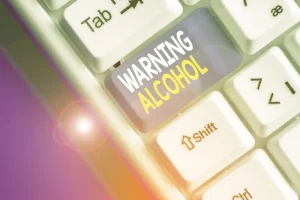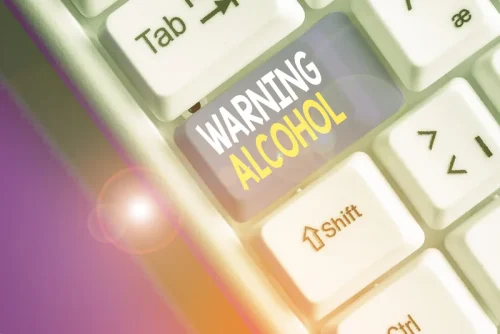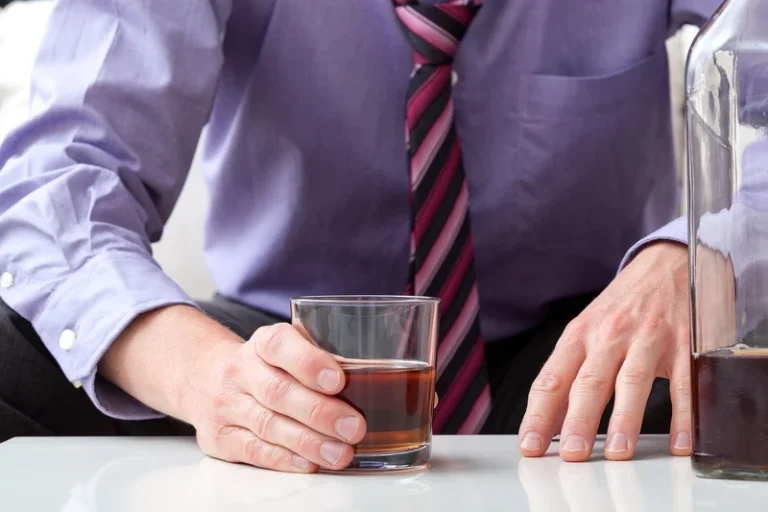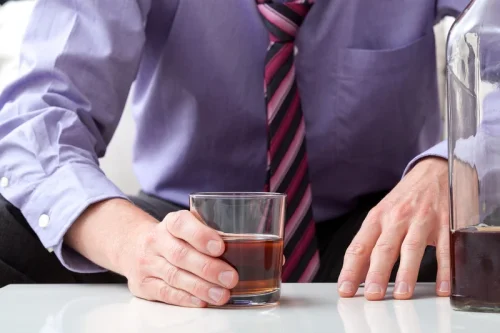
They occur when the body, accustomed to regular alcohol intake, how to stop alcohol shakes reacts to the sudden absence of alcohol. This reaction is part of the withdrawal process and can be distressing and uncomfortable for those experiencing it. For individuals struggling with alcohol dependency, professional treatment programs can offer the support and resources needed to reduce or stop alcohol consumption safely. Engaging in alcohol dependence treatment programs is vital for long-term management.
Adrenergics (Antihypertensives) for Alcohol Withdrawal Night Sweats and Shaking
- The reason why heavy drinkers perspire heavily at night (and often during the day as well) involves alcohol stimulating and depressing the nervous system simultaneously.
- At Mountain Valley Recovery, we understand that alcohol shakes can range from a temporary reaction to a sign of alcohol dependence or withdrawal.
- Alcohol withdrawal shakes, also known as tremors, are a common symptom of alcohol withdrawal syndrome.
- Alcohol is a depressant, which is a substance that reduces activity in the brain and interferes with its communication pathways.
Getting help for alcoholism at The Recovery Village Columbus can greatly improve the chances of overcoming alcohol addiction. Contact a Recovery Advocate today to take the first step toward living an alcohol-free life. Alcohol withdrawal can range from mild discomfort to life-threatening conditions, making medically supervised detoxification the safest and most effective approach. Trained healthcare and addiction treatment professionals are essential in determining the appropriate detox and ongoing treatment strategy. Delirium tremens represents one of the most critical and life-threatening aspects of alcohol withdrawal. Symptoms include a rapid heartbeat, excessive sweating, confusion, vivid hallucinations, and delusions.
“Well, alcohol was really impacting my mental health.”
Depending on the severity, someone undergoing professional detox may opt for residential treatments or outpatient options. In both scenarios, however, medical monitoring and treatment are paramount. Medical supervision for alcohol withdrawal typically involves monitoring of vital signs, administration of medication to alleviate symptoms, and close observation for any potential complications. In some cases, hospitalization may be necessary to ensure the safety of the individual undergoing withdrawal. Support groups, like Alcoholics Anonymous, can provide you with a supportive community of people who understand what you are going through. These groups can help you stay motivated and committed to your recovery and provide you with the tools and resources you need drug addiction treatment to manage withdrawal symptoms.

Can Someone Who Rarely Drinks Experience Alcohol Shakes After Drinking?

Recognizing the distinction between minor shakes and the more severe delirium tremens is crucial in ensuring timely and appropriate care for individuals undergoing alcohol withdrawal. Treatment options may include cognitive-behavioral therapy, medication-assisted treatment, and participation in peer support programs like Alcoholics Anonymous. If alcohol shakes are accompanied by confusion, hallucinations, high blood pressure, or seizures, immediate help is essential. These symptoms often indicate severe withdrawal or conditions like delirium tremens (DTs), which can be life-threatening. A structured addiction treatment program offers personalized support to manage these symptoms effectively and guide individuals toward lasting recovery. Minor shakes, or alcohol tremors, are among the most common symptoms experienced during the early stages of alcohol withdrawal.

How to Prevent Withdrawal Shakes
Different treatment options and settings are available to fit the needs of any individual recovering from alcohol addiction. These include medical detox, residential rehab, partial hospitalization, intensive outpatient rehab and aftercare services. Residential programs offer a structured environment throughout each day, which can be particularly beneficial for those with severe dependency. Outpatient options, on the other hand, allow individuals to maintain certain aspects of their daily life while receiving treatment. The severity of the shakes can vary from mild to severe, and they can affect different parts of the body, including the hands, arms, legs, and head.
How To Reduce Alcohol Tremors in Recovering Alcoholics
If you or someone you love is struggling with alcohol dependence or addiction, Futures Recovery Healthcare is here for you. Futures assists individuals in gaining a foothold in recovery and developing a plan to maintain long-term health and well-being. Several factors impact the duration, including how severe the dependency on alcohol is for the particular person having the shakes. When it is clear that alcohol tremors have developed, it is essential to be on guard for the development of other signs and symptoms, in particular delirium tremens (DTs).
For those with alcohol addiction, these shakes may seem like a normal part of daily life, expected to decrease with the next alcoholic beverage. However, alcohol shakes signal significant health issues and should not be dismissed. These involuntary tremors can affect specific body parts or be more widespread. They can result from both the cessation of alcohol consumption and chronic drinking. Alcohol withdrawal symptoms range in severity, with delirium tremens representing an extreme form that can lead to seizures and can be fatal. This condition typically begins with symptoms like insomnia and tremors and can rapidly progress to confusion, disorientation, vivid hallucinations, and severe tremors.

- Alcohol withdrawal symptoms occur because the body relies on alcohol to function.
- The more time you spend with people encouraging your alcohol-free lifestyle, the better your chance of successful recovery.
- The first, mildest withdrawal stage often occurs six to 12 hours after the last drink.
- It’s essential to seek medical attention to ensure the issue is unrelated to DTs.
- Tariffs are taxes on imports that companies typically pass down to customers.
- These symptoms often indicate severe withdrawal or conditions like delirium tremens (DTs), which can be life-threatening.
Chronic drinkers who abruptly stop drinking typically start experiencing symptoms of alcohol withdrawal within six to eight hours after their last drink. In addition to alcohol shakes, signs of alcohol addiction withdrawal also include profuse sweating, agitation, anxiety, heart palpitations, and nausea that lead to extreme vomiting episodes. For more severe cases, inpatient residential treatment programs may be necessary.


Leave a Reply